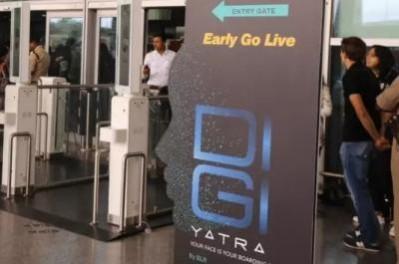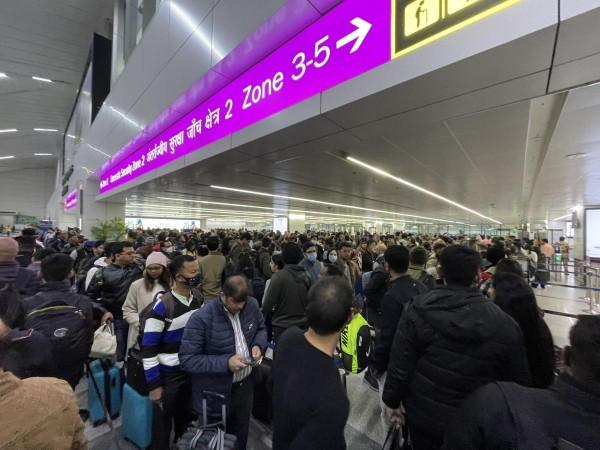
Digi Yatra has achieved a significant milestone, surpassing 15 million downloads, marking a transformative moment in the aviation sector. This platform, which leverages biometric-enabled, contactless technology, is set to redefine the airport experience for millions of passengers. Announced recently, this achievement highlights the growing adoption of Digi Yatra, a self-sovereign identity (SSI) based ecosystem utilizing facial authentication technology. The platform is at the forefront of revolutionizing air travel by ensuring privacy-first, efficient, and hassle-free movement through Indian airports, as stated by the Digi Yatra Foundation.
Since its launch in December 2022, Digi Yatra has facilitated over 60 million seamless journeys, integrating advanced facial authentication technology across 24 airports nationwide. With an average of 30,000 daily app downloads and projections of reaching 16.5 million downloads by August 2025, the platform is setting new benchmarks in digital travel innovation. By 2028, Digi Yatra aims to serve nearly 80 percent of domestic air travelers in India, a significant increase from the current 30-35 percent. The platform is also exploring integrations with airlines and online travel agencies to streamline boarding pass sharing.
Suresh Khadakbhavi, CEO of Digi Yatra Foundation, expressed his enthusiasm for the platform's progress, stating, "Reaching the 15 million user milestone is a strong reaffirmation of the growing trust in Digi Yatra's vision to deliver a seamless, secure, and future-ready travel experience. In 2024, initiatives like the 'd-KYC' campaign, expansion to Tier-II airports, helped us connect with a wider audience." As the platform looks ahead, its focus remains on expanding its footprint, improving user features, and setting new global benchmarks in passenger identity management.
Digi Yatra is poised to expand its reach by introducing its biometric-based system at four additional airports: Chandigarh, Thiruvananthapuram, Mangaluru, and Srinagar, in the coming months. This strategic expansion aims to increase the platform's impact and accessibility, particularly in Tier-II cities. Additionally, the platform is rolling out support for all 22 official Indian languages, enabling passengers to navigate airport processes in their preferred language, thereby enhancing inclusivity and user experience.

The development of Digi Yatra 2.0 is underway, promising to further enhance functionality and extend support for international travel, pending coordination with regulatory bodies. This new version is expected to offer improved features and capabilities, aligning with global standards to facilitate smoother international travel. Through its strategic collaboration with the International Air Transport Association (IATA) under the One-ID X Digi Yatra framework, the platform is positioning itself as a global leader in digital travel solutions.
The success of Digi Yatra can be attributed to its focus on user experience and its ability to adapt to the changing needs of travelers. By leveraging advanced technologies such as facial authentication and self-sovereign identity, the platform is setting new standards in digital travel innovation. The platform's commitment to privacy and security is evident in its use of self-sovereign identity (SSI) technology, which ensures that passengers' data is protected and managed by the users themselves. This approach not only enhances security but also builds trust among users, a crucial factor in the widespread adoption of any digital platform.
The expansion of Digi Yatra to additional airports is a strategic move to increase its reach and impact. By targeting Tier-II airports, the platform is tapping into a growing market of air travelers who are increasingly looking for convenient and efficient travel solutions. The introduction of support for all 22 official Indian languages is another significant step towards inclusivity, ensuring that language is not a barrier for passengers using the platform.

















